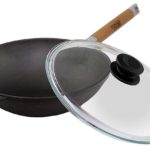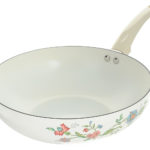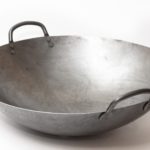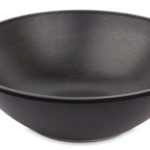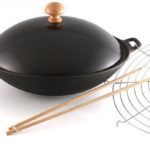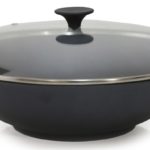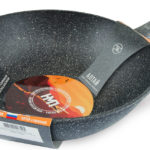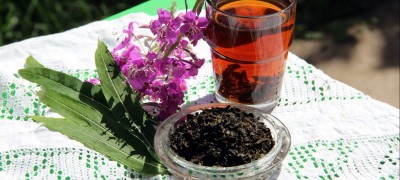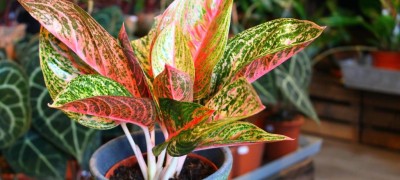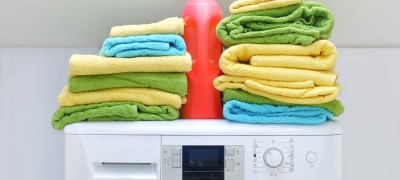Description and features of the choice of Wok (Wok)
Do you like Thai noodles in a box, spicy, tasty, so spicy and aromatic? It is sold in restaurants and offered to be ordered at home, but modern skilful housewives have long figured out the secret of Thai chefs and learned how to cook such noodles at home. And at the same time, there are many other delicious national dishes that are offered in restaurants of Thai, Japanese and Chinese cuisine.
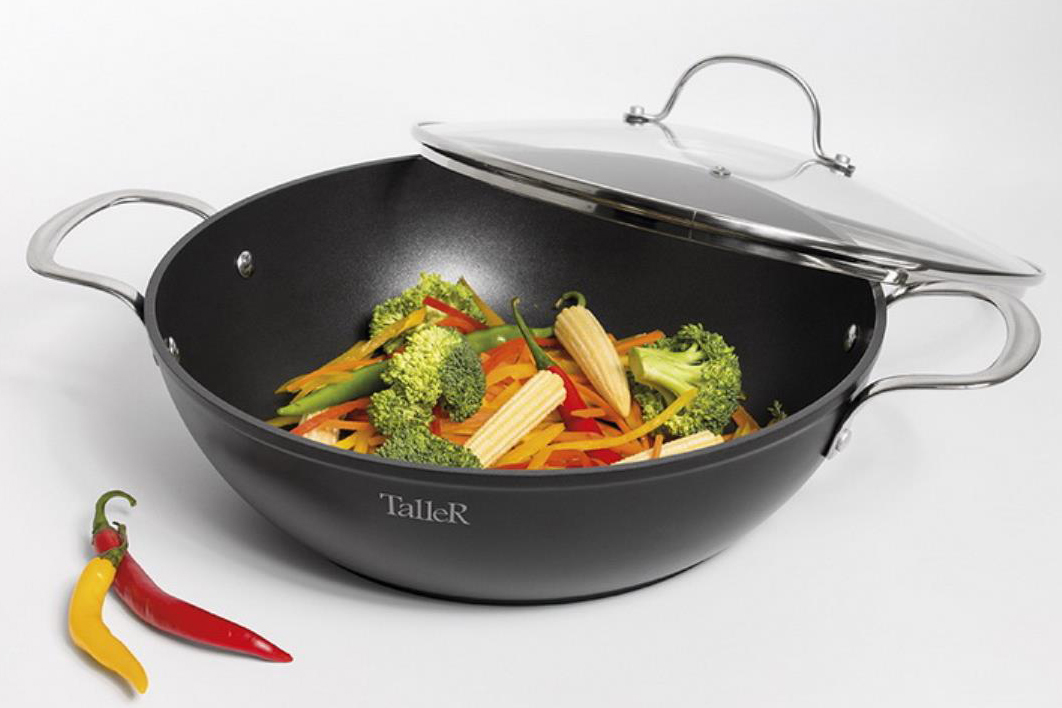
And the main secret of this delicious exotic food is the special dishes in which it is cooked. For cooking, a special frying pan is used, which is called WOK, or wok in our opinion. What is a wok, is it possible to replace it and how to cook in it, how to choose this wonderful frying pan and many other secrets we will reveal in this article. We will also share the original recipes for delicious Thai dishes!

What is Wok and what is it for
So, the wok pan: what is it used for, and why don't Thais imagine their national cuisine without this kitchen attribute? A wok is a rather large, heavy skillet with a narrow, small bottom and high sides that flare upward a lot.
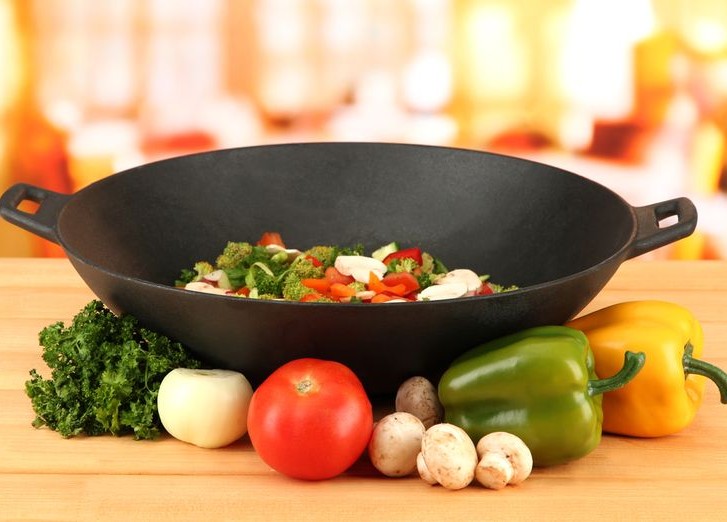
It was originally created in China to cook a variety of dishes at high temperatures, that is, for frying in oil, over an open fire. Due to the small bottom, little oil is required, and the dish heats up a lot, while all the nutrients are preserved in it. The food is crispy, crispy, juicy and very aromatic. It is also convenient to cook in a wok: thanks to the depth and shape, you can easily mix the ingredients, nothing falls out.

Wok dishes are dishes cooked in this special frying pan according to special recipes of oriental cuisine. The most popular are noodles. Different types of noodles are used: rice noodles, glass noodles, udon, egg noodles and so on. In the east, they love and know how to cook noodles, they do it with pleasure from a variety of flours and cook with various additives. Boil the noodles first and then fry them in a wok, but recipes may differ. Fish, veal, chicken, pork, rabbit, seafood, shrimp, vegetables, hot spices, mushrooms and so on are used as additional ingredients.
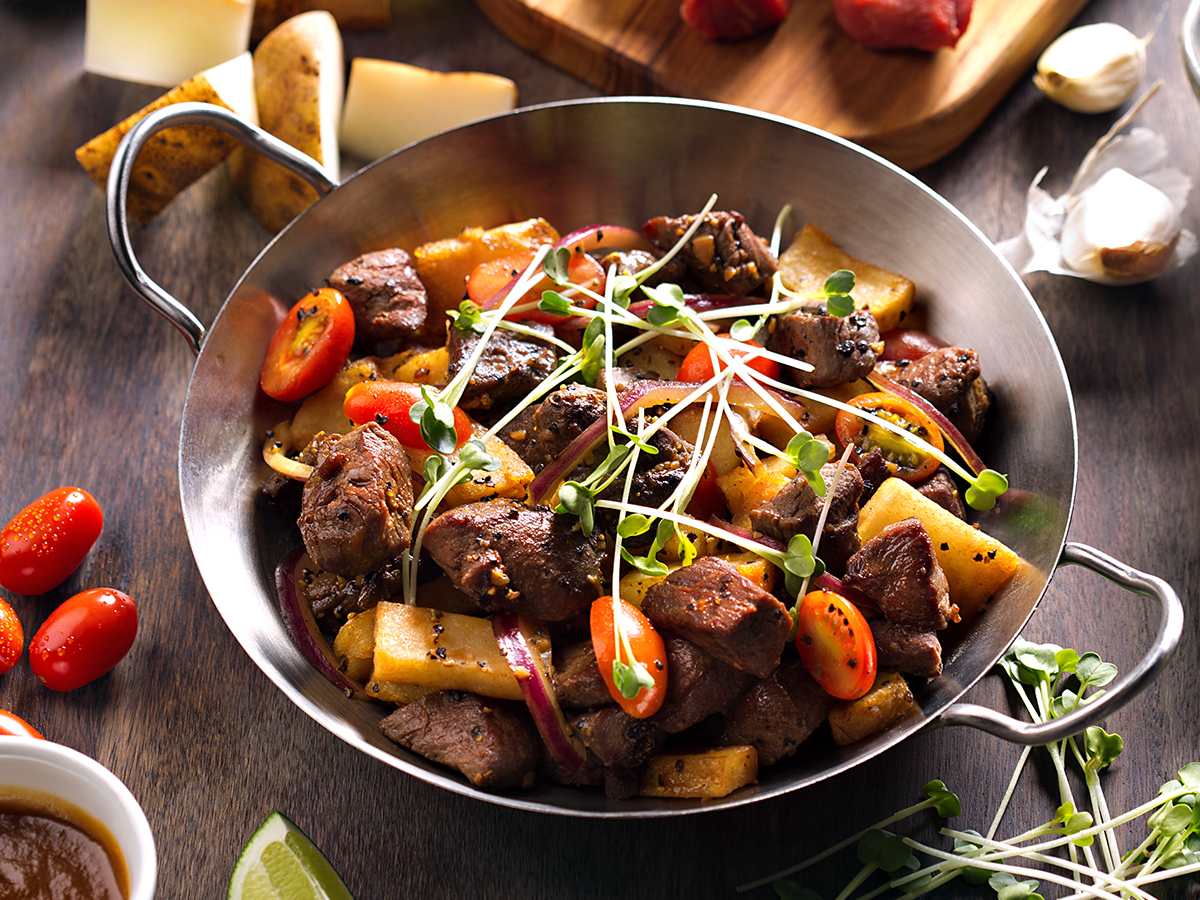
Also "wok" can be rice with various additives, as well as simply separately fried meat or seafood. But noodles are the most common dish in a wok, and just for the sake of making them, you can safely buy this kitchen attribute.
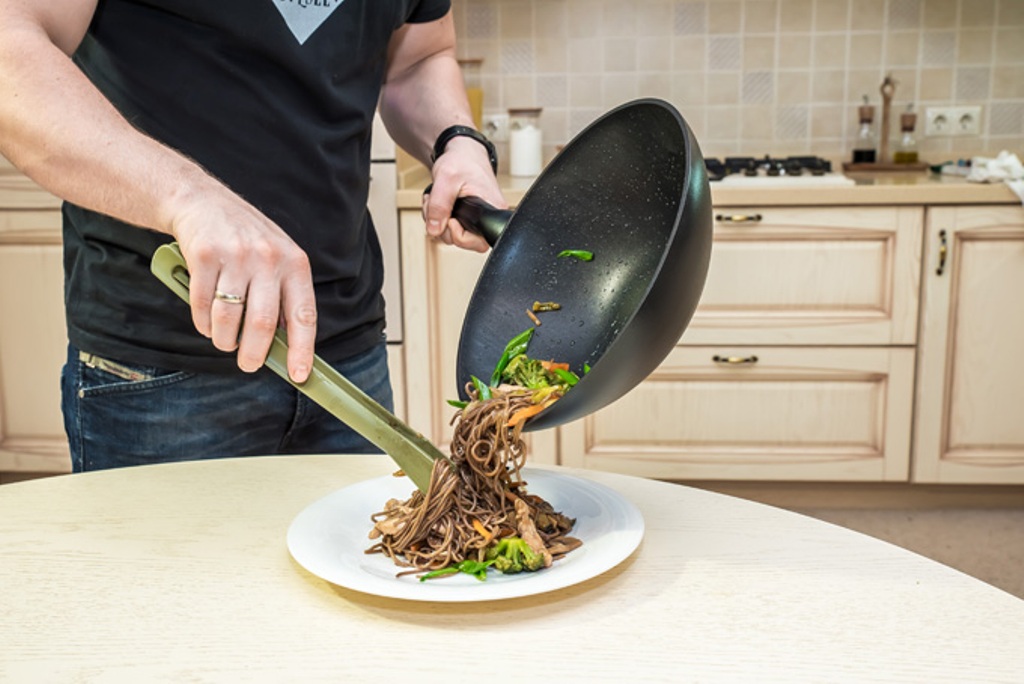
Types of wok pans
So, we quickly figured out why you need a frying pan called a wok and what it is. Now let's take a closer look at this accessory and its varieties. They are made from various materials, like ordinary pans and pots. The difference is in price, quality and durability.
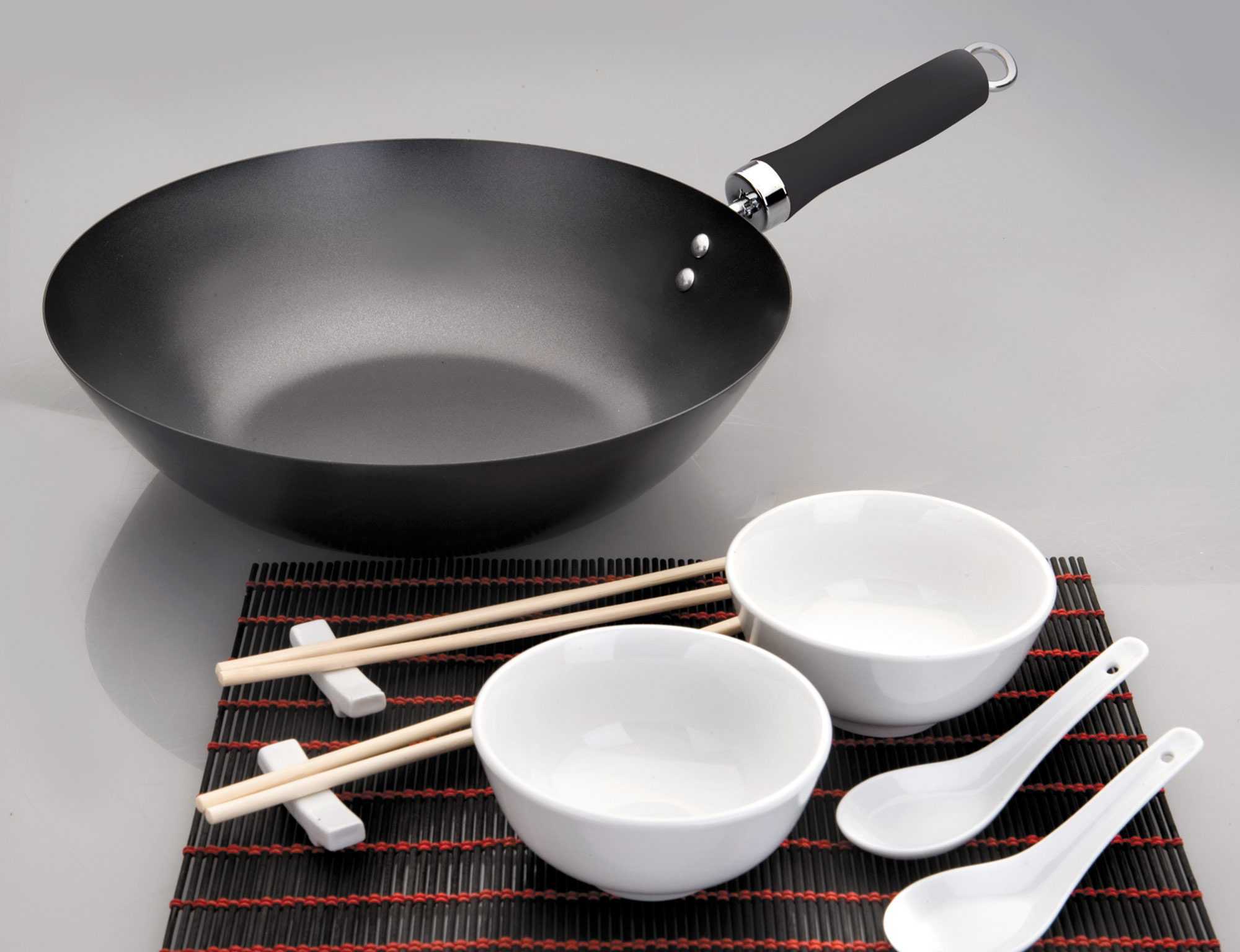
- Cast iron thin wok pan has thin walls of about 3-5 mm. thick. It is lightweight, it is pleasant to whip up something on it: cast iron heats up quickly and provides excellent uniform roasting of the product. Only with such a frying pan can you turn the dish over with a slight movement of your hand, throwing it up!
- A cast iron wok with thicker walls is a weighty, reliable cookware, heavy and rather bulky. But with it in your hands you feel like a real chef! The walls and bottom heat up for a long time, but the dish is fried or stewed thoroughly, and all the useful substances are preserved in the products.
- Steel wok (or rather carbon steel) is an inexpensive, affordable cookware, quite lightweight, pleasant to use. True, the product can burn to it, and it is important to properly care for it, otherwise the dishes will be deformed, and the surface will become rough.
- Aluminum cookware has a special non-stick coating, but it gets damaged over time even with careful use. In general, this is a good material, but not as durable as cast iron, and it is afraid of high temperatures and mechanical damage.
- Stainless steel is a very common option. Plus weight: pleasant lightness, strength, durability, good price. Minus one - food can burn.
- There are also ceramics, which can be considered almost elite. Very beautiful, perfect in terms of quality, but expensive and rather heavy.
Here are the main types of materials. Models differ in size and shape, they are with a spherical (curved) bottom or with a flat bottom. The former are more authentic, but the latter are easier to use.
How to choose a wok pan
We already know what wok pans are and what sets these accessories apart from each other. Now we will give you specific recommendations on how to choose this accessory for your needs. Here are the main criteria and tips:
- The main criterion for wok quality is good, uniform heating. Therefore, materials such as stainless steel and cast iron, especially thin ones, come first.
- The price should not and simply cannot be very low. This is not the cheapest kitchen accessory, but you buy it for years to come. So take a better expensive and high-quality model, but it will delight you for many years.
- Sizes are now produced mainly standard, focused on the usual kitchen stove. This skillet should be large enough, but large enough to fit on your stove. The optimum diameter is about 30 cm.
- Don't forget the cover! Tip: Buy the cover separately. It happens that a covered brand, like a frying pan, costs three times more than an absolutely identical one, but the brand is simpler. The lid should be transparent, made of durable heavy glass, convex. It is ideal to stew under such a lid, and the dishes will be juicy and retain all their useful properties. And yes, there should be a small hole in the lid for steam.
- Choose dishes with a wall thickness of about 4 cm - this is an average thickness at which the object will not be too heavy, will heat up quickly, but will keep warm well and will last a long time.
When making a purchase, focus on quality, choose durable materials and turn the pan in your hands as if trying on it. The one that is “yours”, you simply will not want to let go of your hands!
Rules and features of cooking in Wok
If you've already got yourself a wok pan, you probably can't wait to cook something in it. Do not shelve, but rather to the kitchen and forward to culinary feats!
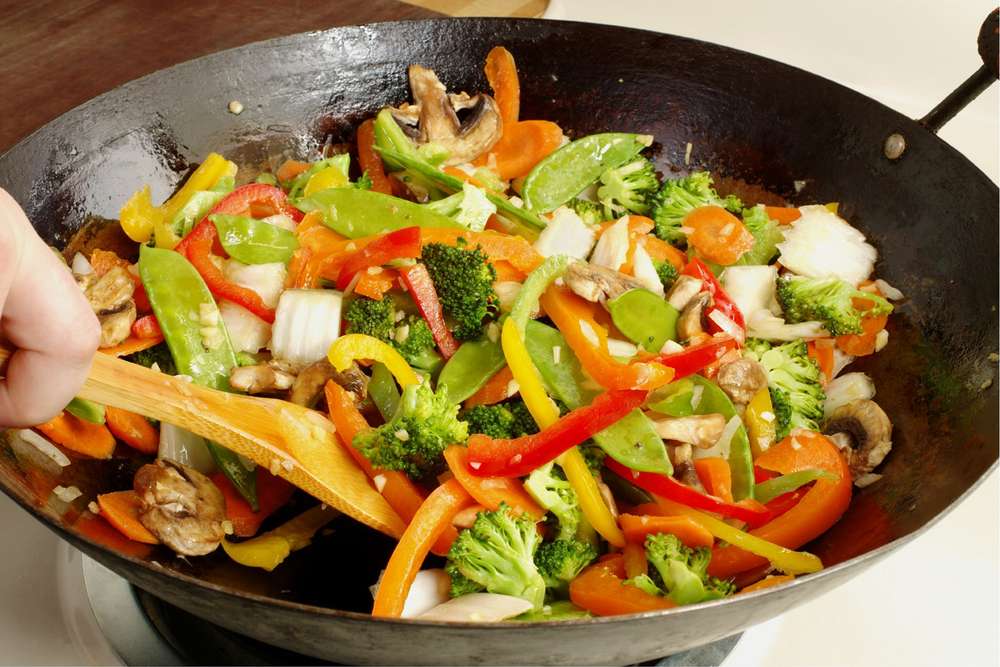
You can fry and stew almost any food in the wok pan. It is ideal for cooking meats - goulash, roasts, meat sauces and dressings. Any hot gravy and sauces, fries, dressings for dishes are excellent in it.
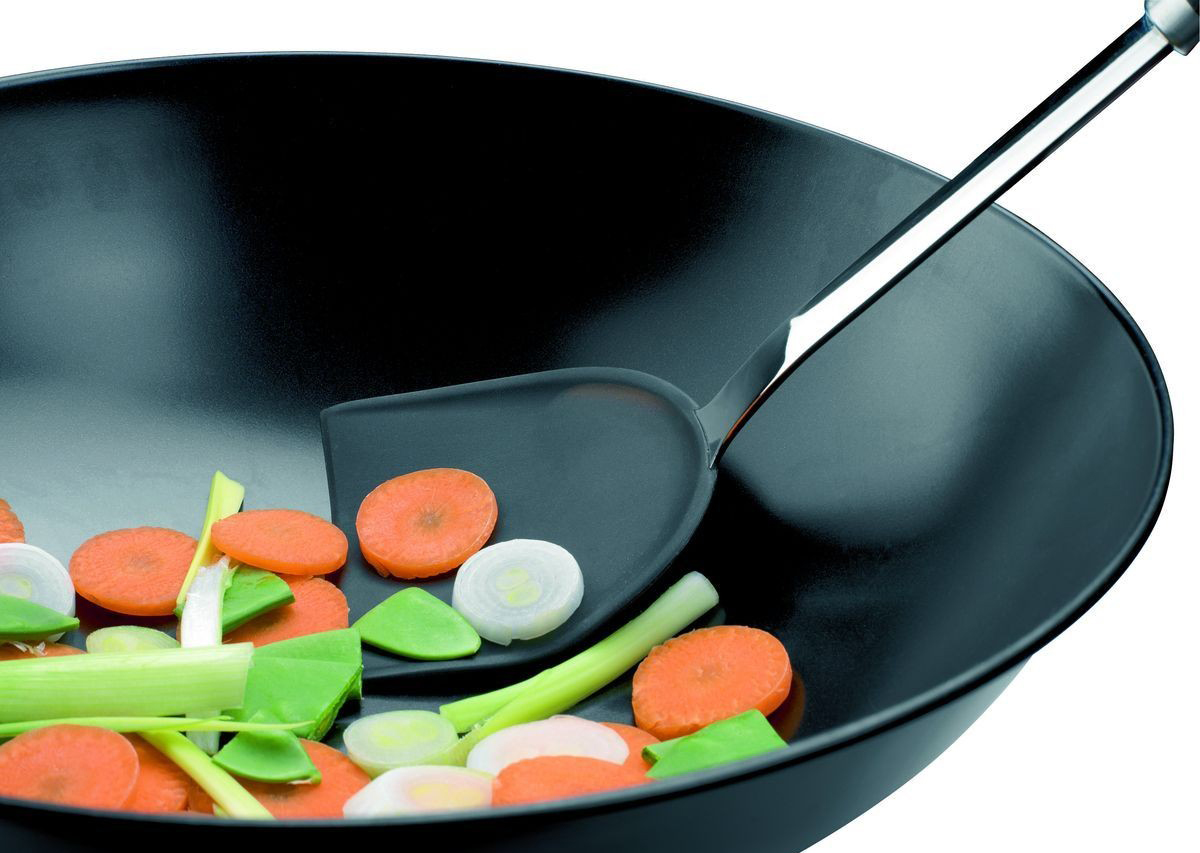
It is good to fry potatoes in this skillet and stew vegetable stew, fry rice with vegetables and even cook pilaf. You can use the utensils to prepare any second course, even a simple omelet.
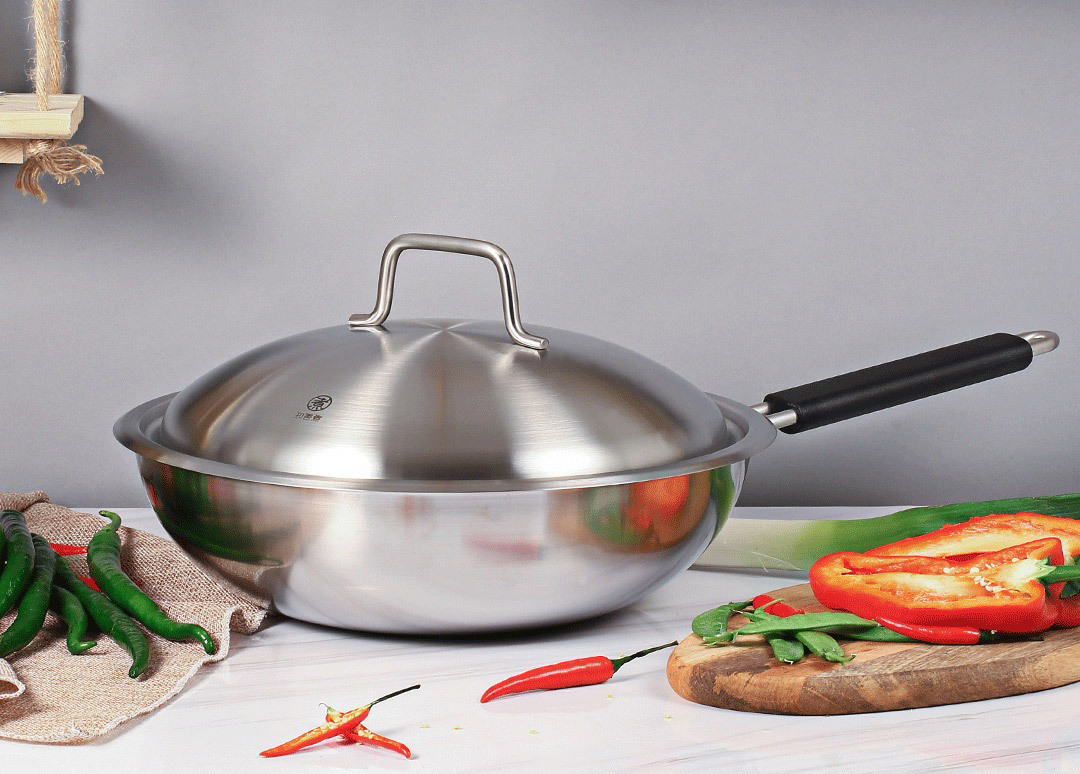
But to buy a wok pan and not cook Thai noodles in it is just a crime. We will tell you how to do it correctly, and we will offer you an original and simple recipe, based on it, you yourself can create a huge variety of recipes with a variety of ingredients.
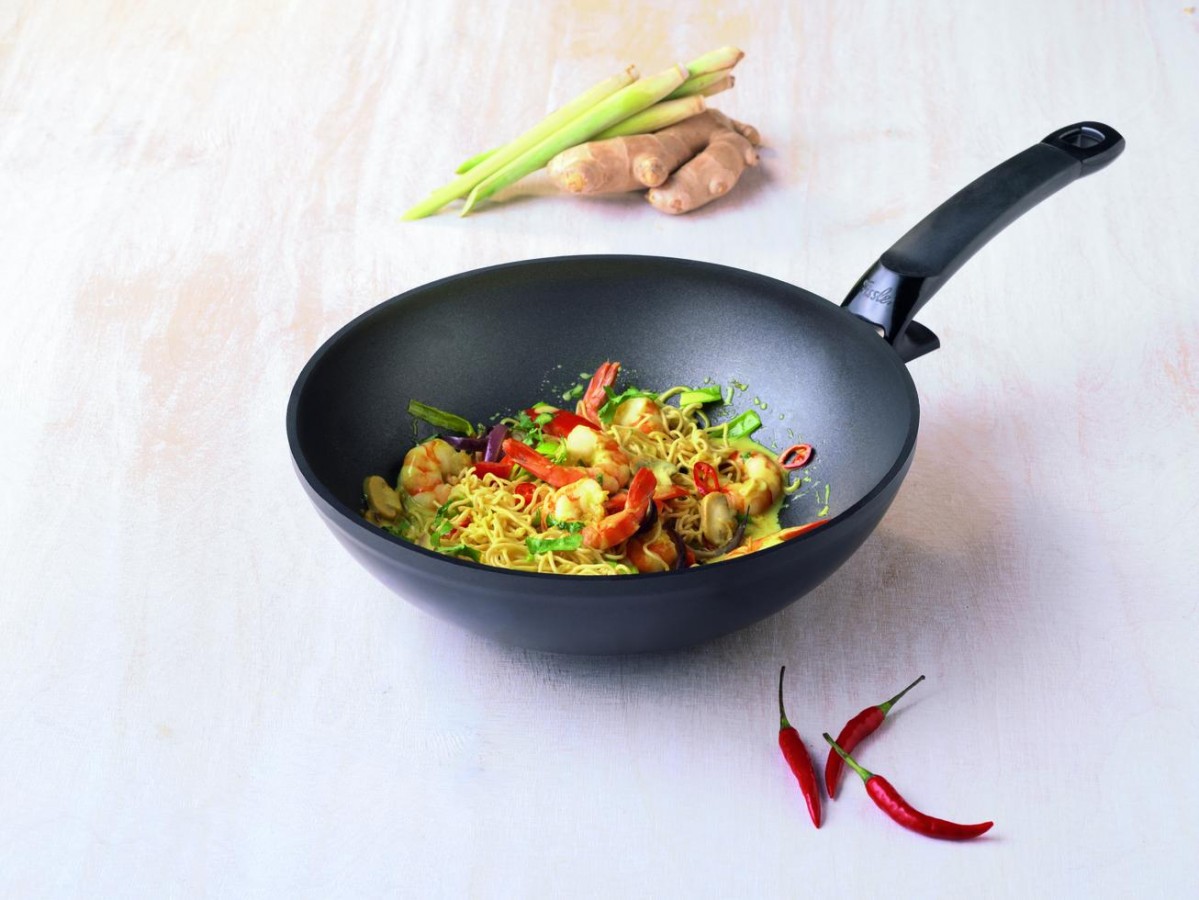
So, for Thai wok noodles we need:
- Rice noodles - half a pack;
- Chicken fillet - 2 pcs.;
- Onions - 1 pc.;
- Bulgarian pepper - 1 pc.;
- Garlic - 3 cloves;
- Soy sauce - 4 tablespoons;
- Cilantro, dill - a bunch of mixture;
- Vegetable oil for frying;
- Salt, hot pepper, any spices to taste.
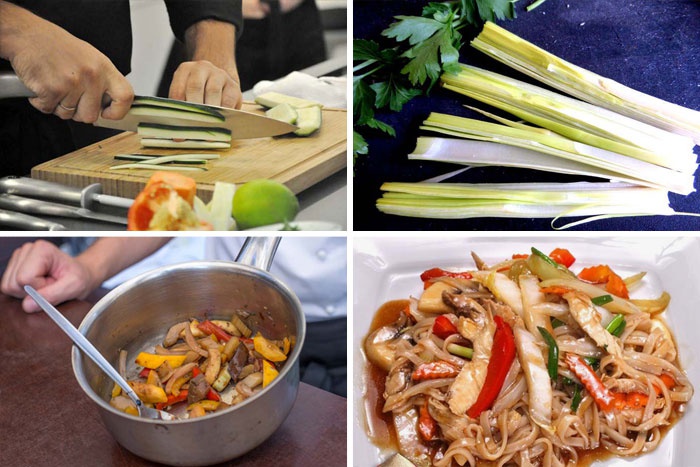
Step-by-step cooking recipe:
- Boil the noodles as described on the package. Drain the water.
- Put a frying pan on high heat, add a couple of tablespoons of oil.
- Heat the oil and fry the onion, previously chopped in half rings, on it.
- When the onion is golden, cut the chicken into long pieces and add to the skillet. Throw in the pepper, cut into strips. Fry for about 10 minutes, stirring frequently.
- Add noodles, chopped garlic, salt and spices, herbs, soy sauce. Stir vigorously, grill for a couple of minutes and turn off.
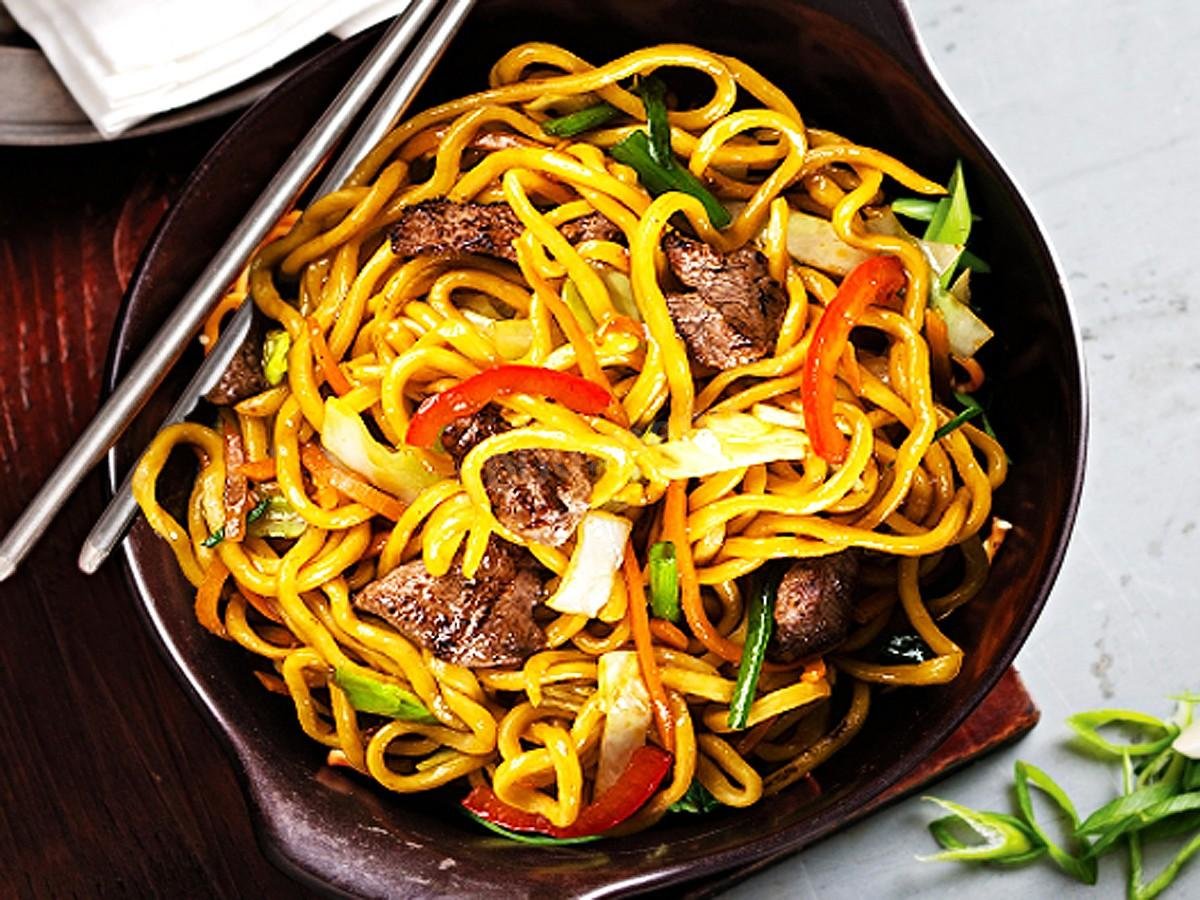
Serve the noodles right: with green onions and sesame seeds. Instead of chicken, there can be any meat and poultry, fish, seafood, vegetable mixture. Experiment and enjoy great results!

What is the difference between a wok and a stewpan and cauldron
It is worth trying to cook something in a wok-pan once, as the differences will immediately become clear and tangible. Firstly, not a single cauldron, or even more so a saucepan, will give you such a feeling of easy, quick and masterly cooking. The cauldron is more suitable for a long stewing, it is good to simmer pilaf or duck in it for a long time so that the dish is baked and opened. It keeps the temperature very well, but is not suitable for intense frying.
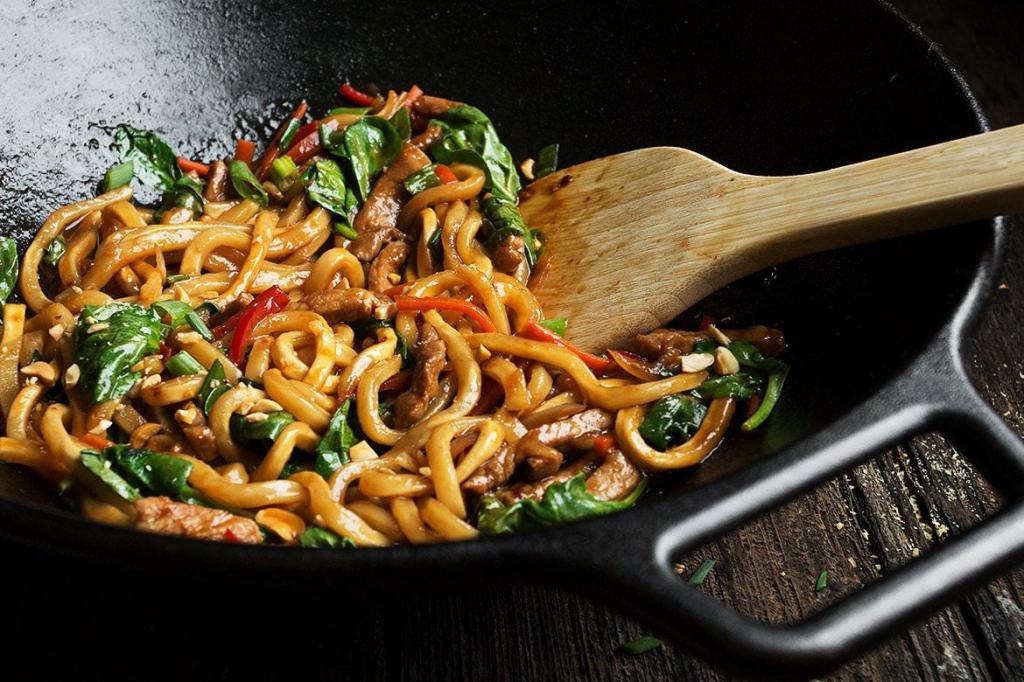
But the use of a stewpan is limited only by stewing, well, or you can slightly let the onion in the oil be steamed in it. But you can't make signature Thai noodles in a stewpan - it will be too lumpy and sluggish.

The difference is in the heating speed, in an unusual shape, which gives its effect, in a small bottom and wide walls, in the ability to intensively stir the dish. Only in the wok will each bite be fried separately, remaining juicy! Well, no stewpan or cauldron will give this amazing effect to a dish with a smoke - that is why even simple pasta will be a delicious delicacy.
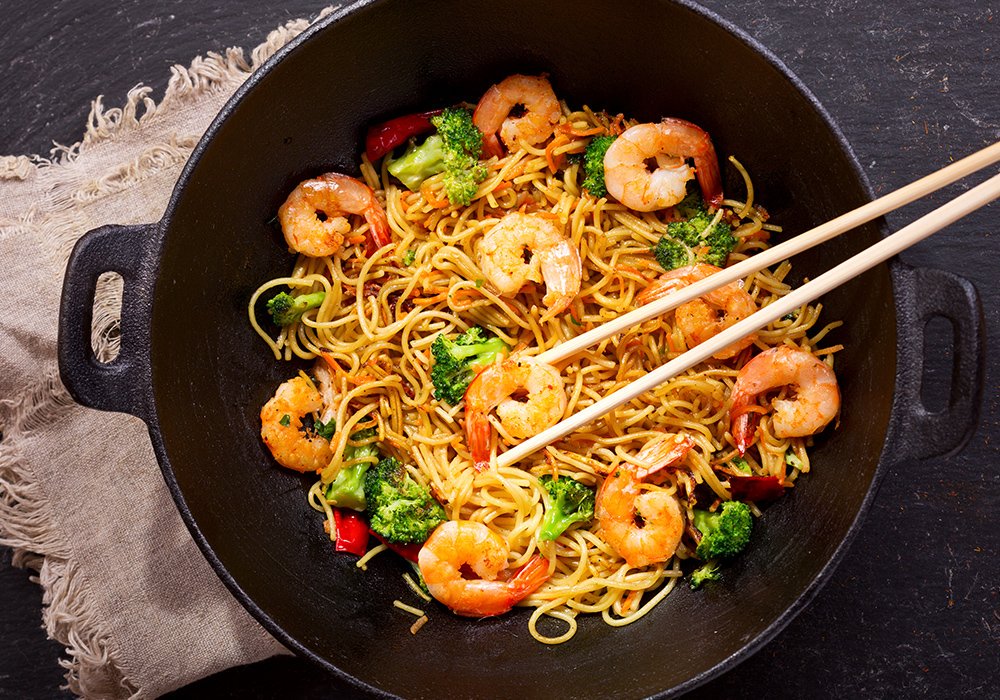
Try to cook oriental cuisine with the right utensils and your cooking will become a true art. You will get great pleasure from the process, and the result will be inimitable!
VIDEO: How to cook properly in a WOK pan.
